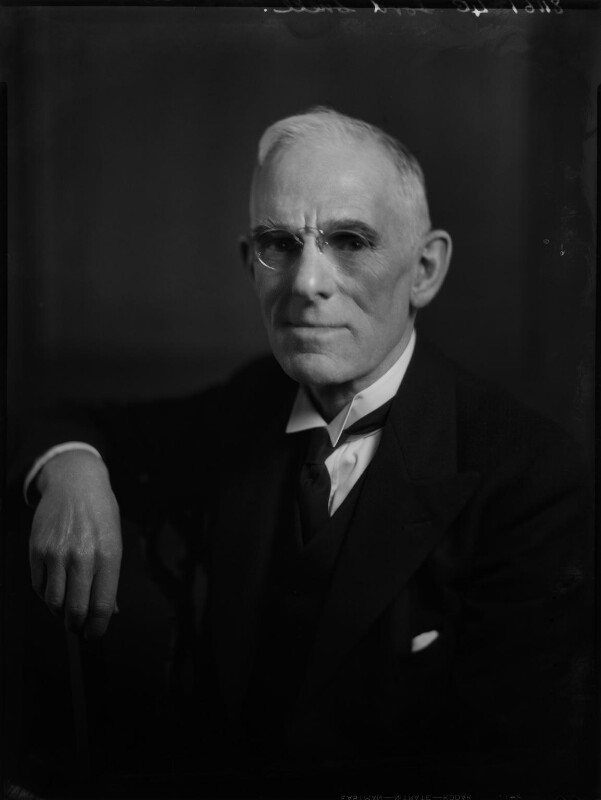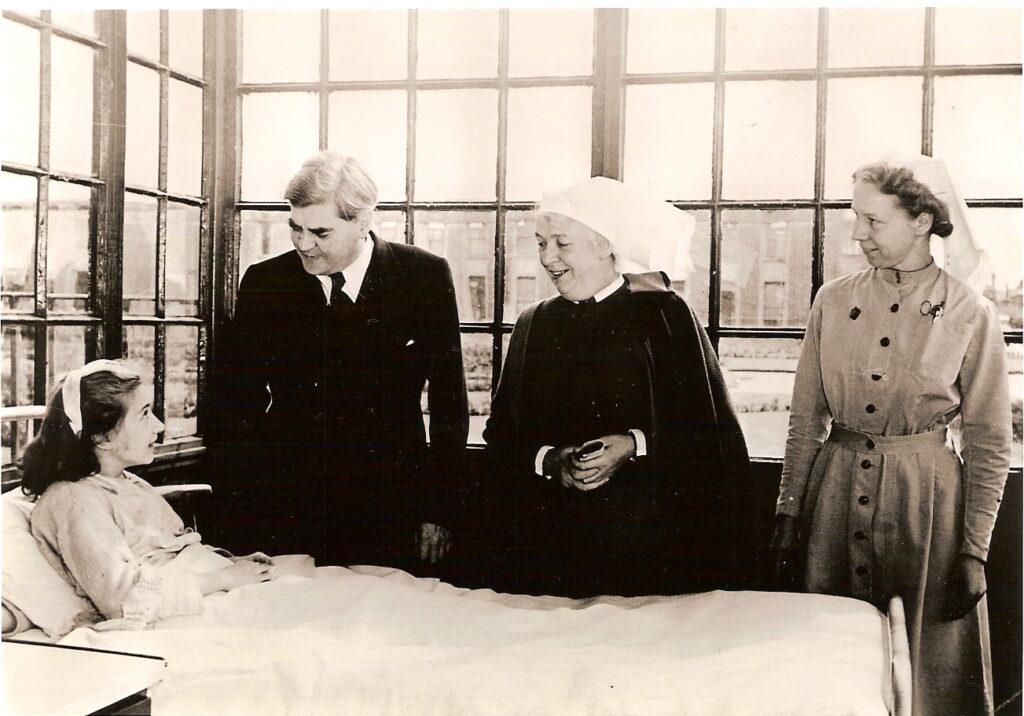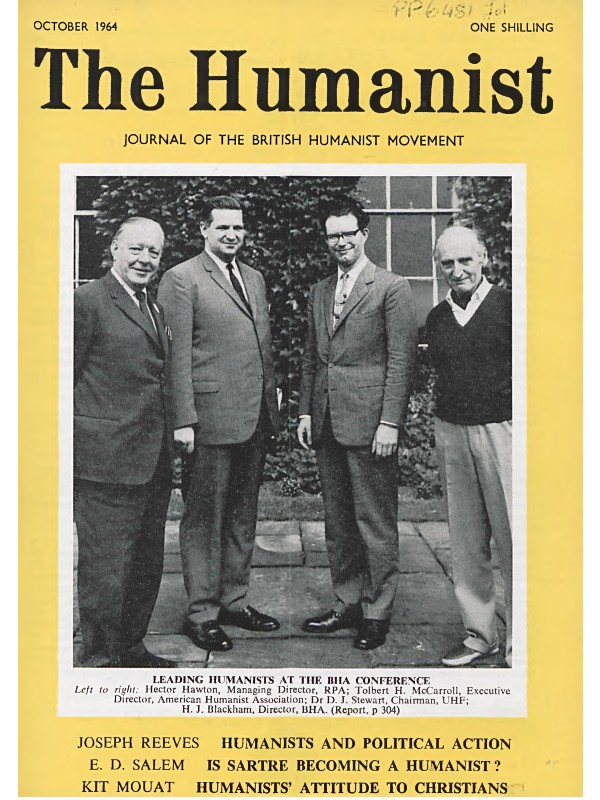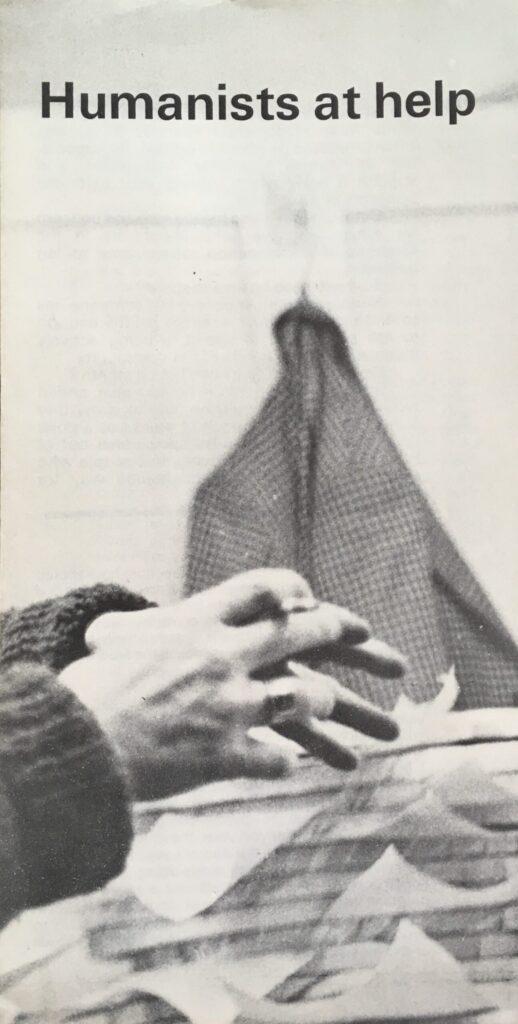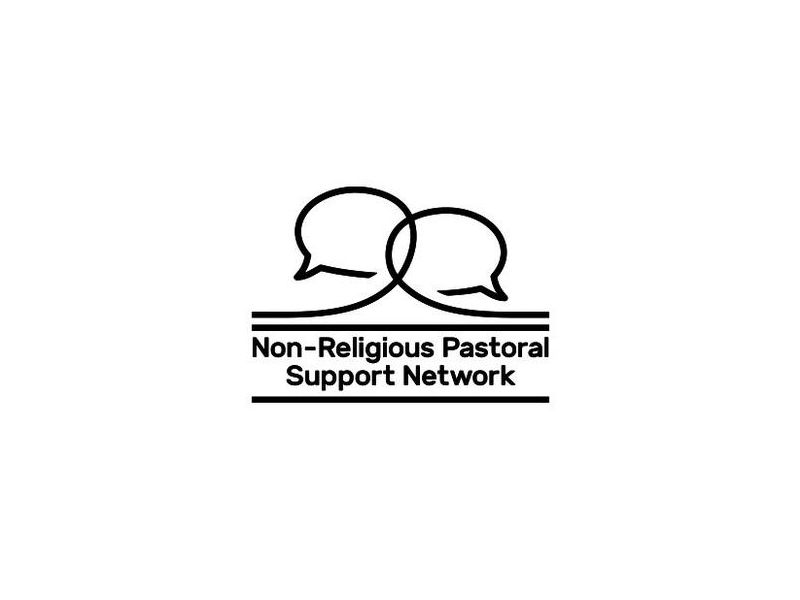
19th century
Prior to the establishment of humanist care organisations or networks, many humanists in public and in private lived their values through informal or professional caring roles, or in campaigning efforts to improve social welfare and healthcare more widely. Although many of the most famous examples of this, such as Florence Nightingale, were motivated by their religious faith, the non-religious challenged the idea that care was the preserve of the faithful, both in deed and word. One example was humanist Julia Stephen‘s defence of the ‘agnostic woman’, written in 1880, in response to an article by Bertha Lathbury in The Nineteenth Century. Lathbury had suggested that in losing their religious faith, women would simultaneously lose those caring qualities which defined them. Stephen’s essay (though unpublished in her lifetime) noted that people of all creeds and none could and did provide care to others. The non-religious were focused on helping others in this world, with no hope of afterlife or divine reward. In nursing, she wrote:
